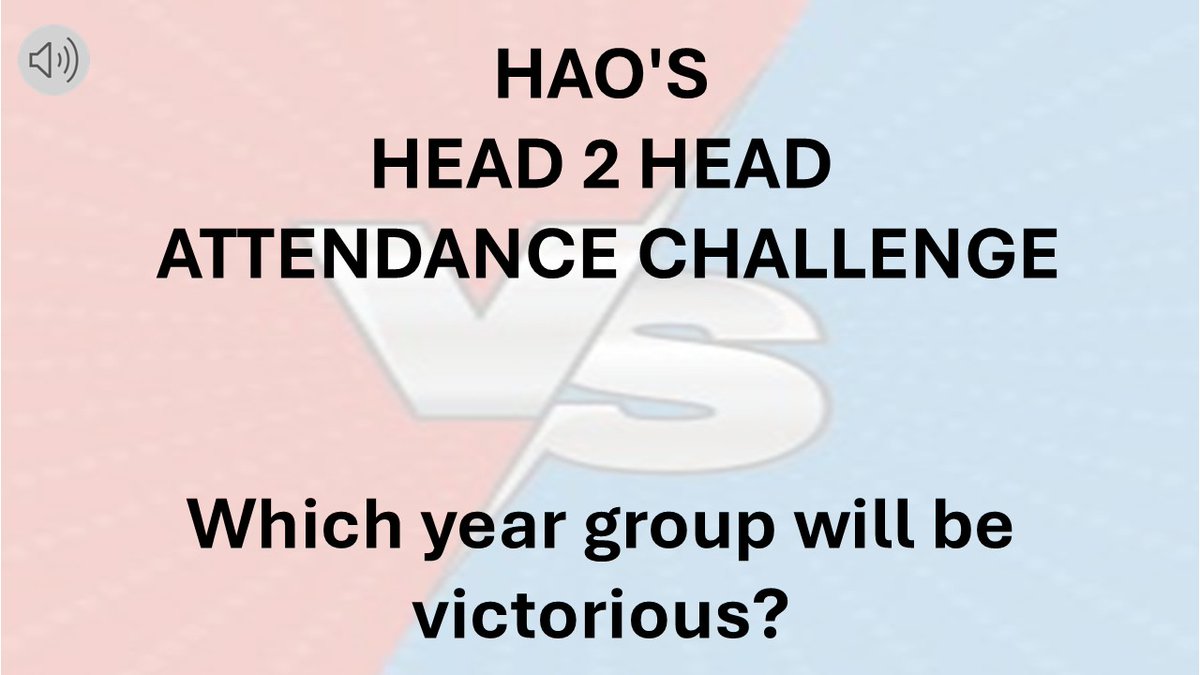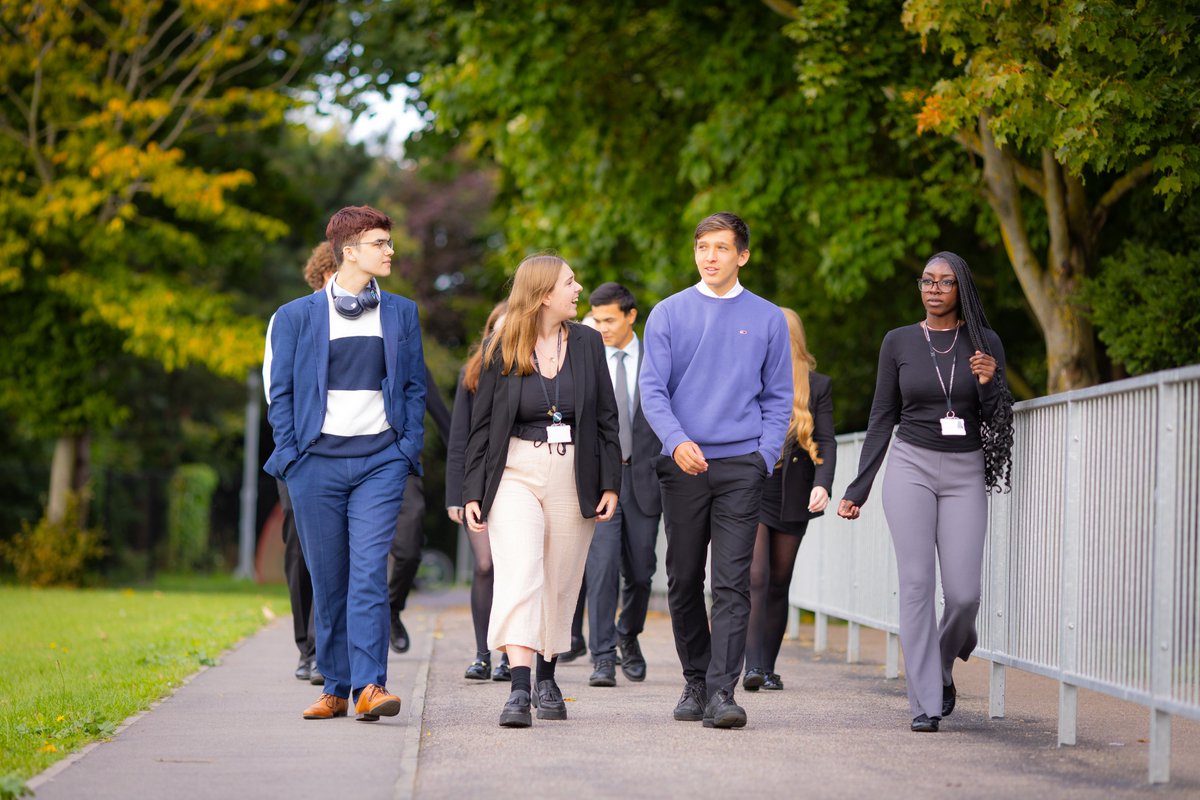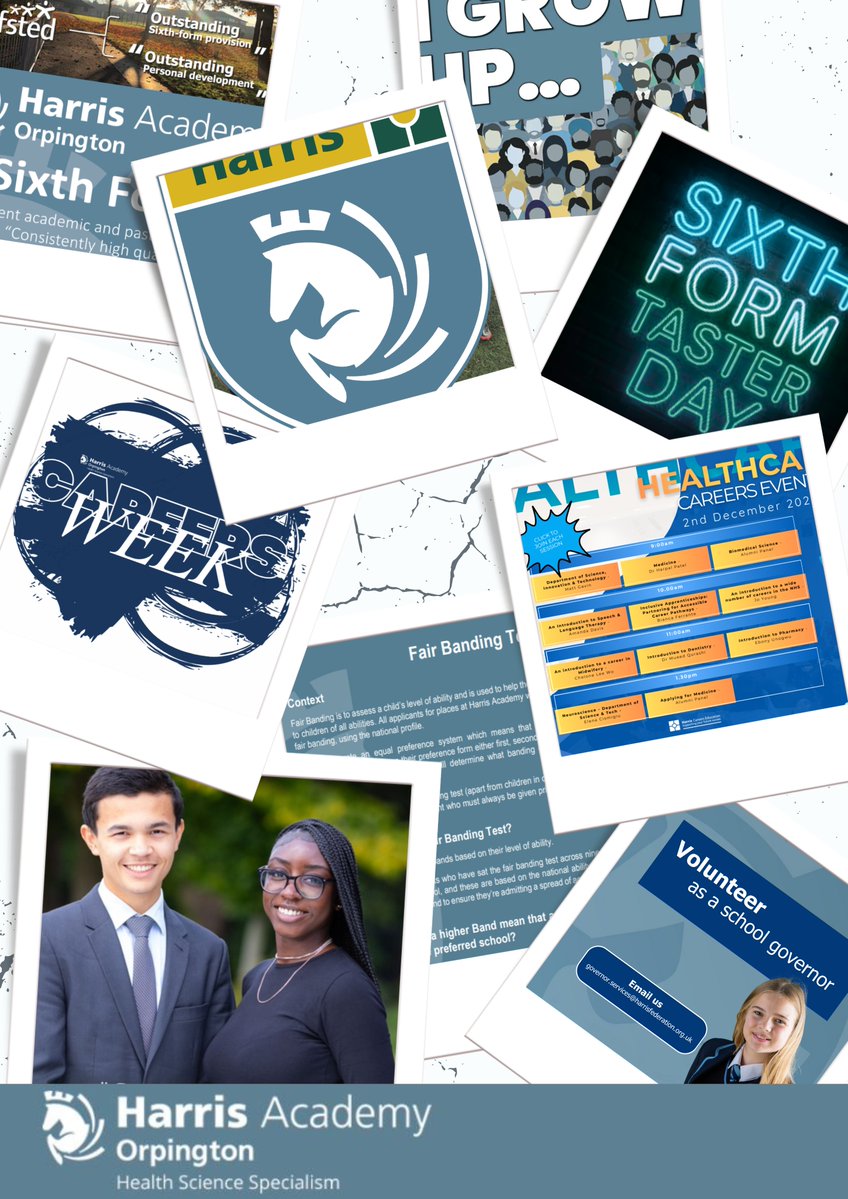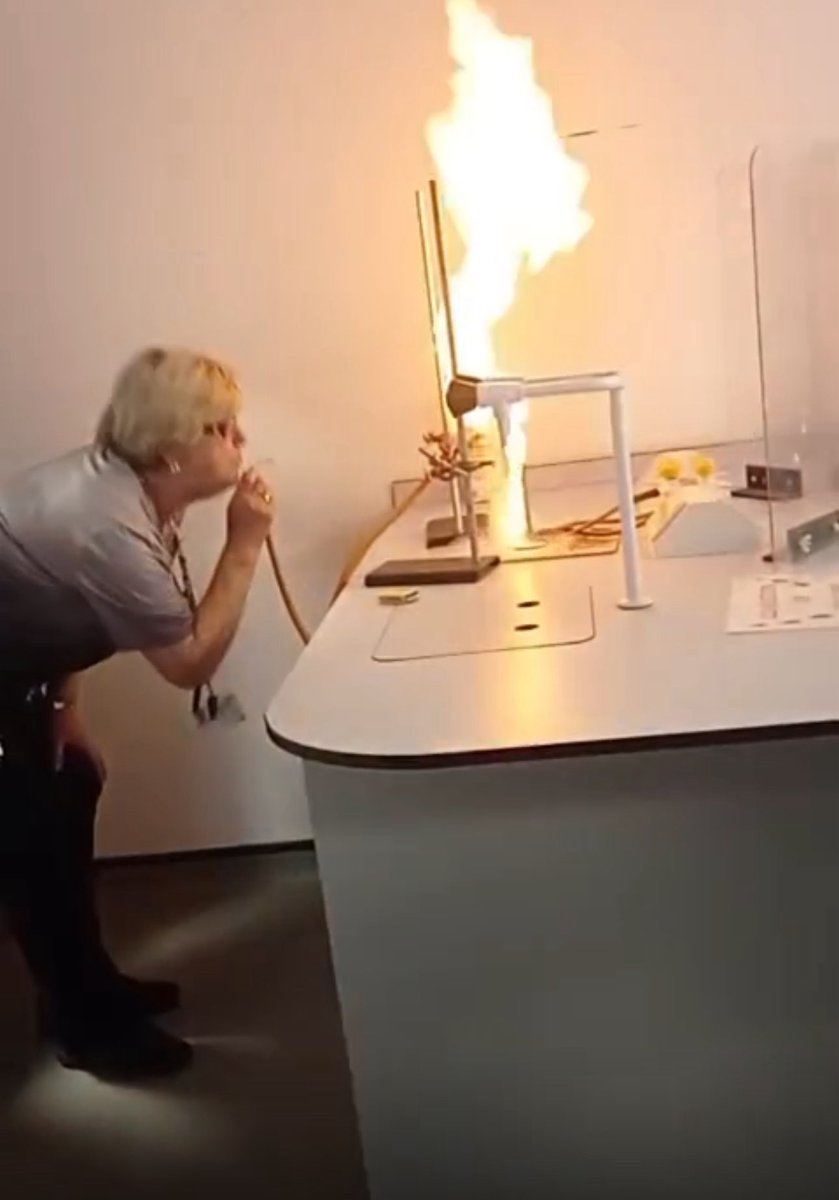Psychology
“The object of Psychology is to give us a totally different idea of the things we know best.” Paul Valery
Psychology is the scientific study of the human mind, behaviour and experience. Psychologists carry out research to investigate the way people think, behave and respond to others.
We believe in the importance of Psychology at Post 16. It can make a powerful impact on students’ lives by giving them insight and understanding of their own and others’ behaviour. As a science, it is also rich with both theory and empirical evidence. We are keen to teach students that Psychology is underpinned by the scientific method and that developing research skills is key to them becoming good psychologists. It is also an applied subject and our aim is to enable students to understand and evaluate how psychological theory is turned into treatment and practice in the real world.
Our goal is to develop Psychology students who are inquisitive, reflective and empathic in their approach to exploring two fundamental question at the heart of psychology: what shapes human thought and behaviour? What are the real world applications of this knowledge that can improve people’s lives?
While a number of our students choose to continue to study Psychology at degree level and pursue careers in psychology, this isn’t the only measure of our impact. Psychology should give students a set of tools and concepts, based on research, that allow all of our students who study the subject to think and reflect in new and different ways about their own behaviour and that of those around them.
The bigger goal is to encourage greater tolerance and acceptance of others, particularly those who are different to us. We also want to inspire students to apply their psychological insight in a wide range of occupations once they leave education; the skills and knowledge students develop in psychology have value across many work sectors including business, health care, education, law, social care and media.
The A Level course is taught over two years across Harris Academy Orpington Sixth Form. For our Year 12 students, Psychology is a new discipline for them so it important to introduce Psychology as a discipline including key themes, methodology and approaches.
What is the intention of the curriculum?
- To develop interest and engagement in Psychology as a broad academic discipline.
- To help students gain insight into their own thinking and behaviour and that of others.
- To develop student understanding of and interest in how Psychology is applied in the real world.
- To deepen student understanding of the scientific process as applied in Psychology so that they can think and work like psychological researchers.
- To encourage independence, curiosity and resilience.
- To help students make the transition from GCSE study to the self-motivation and self-management required at A Level and beyond. We are particularly keen to hone their independent study skills.
- To develop written and verbal analysis and evaluation skills.
- To provide opportunities for progression to further education, training and employment, in psychology and in other fields
How will this be implemented?
At A Level students have five hours of Psychology lessons per week and are expected to complete a minimum of three hours of independent study per week.
Lessons are focused on enabling students to acquire mastery of subject specific terminology, theory and research. For example, quizzes, cumulative assessments and mastery tests are regularly used to build student confidence in their subject knowledge and provide lots of opportunities to apply this knowledge to different questions about human thought and behaviour
Lessons also reflect and return to the underlying principle that psychology is an applied subject that has real world application and is based on empirical research and the scientific approach. This includes exposing students to as many psychology academics and practitioners as possible, for example through TED talks and news items, so that they understand that psychology is a dynamic, current and active area of academia with real relevance to our understanding of the world and human behaviour.
Lessons focus on the development of skills of analysis and evaluation, for example through discussion and evaluative writing.
Research methods are be embedded in every unit and assessed regularly. For example, students have a chance to plan, conduct, write up and review their own research in every unit.
Where relevant and possible, students will attend trips to relevant exhibitions, talks and other events.
End of unit assessments and cumulative assessments are conducted throughout the year. This allows teaching staff to identify additional areas of knowledge and skill weaknesses that can be addressed
Resources are shared by teachers across the federation on SharePoint. A wide range of resources are made available as a starting point for teachers which would commonly include (but are not limited to):
- A PowerPoint presentation with objectives, key visuals and activities
- Student worksheets
- Relevant practical activities
- Suggested homework activities
- Summer HW tasks for incoming Year 12s and Year 12s transitioning to Year 13
The content is mapped against the AQA A Level specification for Psychology.
|
Half term |
Year 12 |
Year 13 |
|
Autumn 1 |
Approaches (6 core approaches in psychology) Biopsychology Research Methods |
Issues and Debates Year 2 Biopsychology Research Methods refresher including Inferential statistics
Option 2 (Schizophrenia, eating disorders or stress) |
|
Autumn 2 |
Research Methods Psychopathology |
Option 2 (Schizophrenia, Eating Disorders or Stress) Start Option 1 (Gender, Relationships or Cognition) |
|
Spring 1 |
Psychopathology Memory |
Finish Option 1 (Gender, Relationships or Cognition) Start Option 3 (Forensic Psychology, Aggression or Addiction) |
|
Spring 2 |
Memory Social Influence |
Finish Option 3 (Forensic Psychology, Aggression or Addiction) Consolidate Issues and Debates |
|
Summer 1 |
Social Influence Attachment |
Revision/Final exams
|
|
Summer 2 |
Attachment Revision + end of Year 12 exams Work experience |
Final exams
|
The rationale behind the organisation of this intended content is to allow time to teach each part of the specification in depth and for each topic to be taught with synoptic links to Approaches, Biopsychology and Research methods (in Year 1) and also to Issues and Debates (in Year 2). It is essential that research methods and maths skills are embedded and understood both in theory and practice from early on in the course and that any gaps in maths skills are plugged as soon as possible. We recognise that students can apply maths and science knowledge as well as essay writing and analysis skills learned at GCSE but also that we cannot take these skills for granted; they require explicit teaching and development to meet the requirements of the A Level qualification and into higher education.
“Overall aim of Year 1:
•Give students a strong foundation in Research Methods, Approaches and Biopsychology – these are underpinning topics that enable them to access the wider specification
•Encourage the development of independent study skills and time management
•Give students practical experience of doing psychological research
•Assess progress in a range of formats including by written report, presentation and working as part of a group.
•Teach and assess approximately 60% of the course (majority of Paper 1 and 2), allowing time for skills-focused revision in year 13 before the final exams.
•Internally assess content and skills at three points in the year with the purpose of skills development and standardisation across the federation.
•Use achievement across the year to set Most Likely and Most Recent Assessment Grades. These will inform intervention and support careers and destinations planning.
Overall aim of Year 2:
•Teach and assess Paper 3 (Issues and Debates plus Optional topics) and encourage synoptic links across all three exam papers.
•Choose topics, from the optional sections, which are most relatable to our students and their passion and connection to future career paths.
•Continue to give students practical experience of doing psychological research
•Cumulatively assess using written exams both year 1 and 2 content – at 3 points in the year – so that students are clearly focused on the demands of their final examinations
•Use assessments to inform teaching and intervention at every opportunity to identify skills and content weak areas
•Continue to prepare students for life beyond sixth form through supporting their UCAS and apprenticeship applications.”
How will we judge the impact of this curriculum?
We want students to talk and think like psychologists. Our goal is to develop psychology students who are inquisitive, reflective and empathic in their approach to exploring two fundamental question at the heart of psychology: what shapes human thought and behaviour? What are the real-world applications of this knowledge that can improve people’s lives? We want students to use the language of psychology to talk about and understand themselves and the world around them. This can be gauged through lesson observation, student presentations, student research projects and student voice feedback.
Achievement. While not the only indicator of success, how well our A Level students achieve in internal and external exams is an important piece of evidence to demonstrate impact in terms of mastery of the subject. For those wishing to pursue psychology at a higher level, for example at university, these grades are even more important. Evidenced in termly reports on Bromcom and the results of external exams.
Recruitment and retention. Maintaining strong student take up of Psychology at A Level is a good indicator of success in terms of students recognising that psychology is a dynamic and engaging area of academia that has a lot to offer in both theory, evidence and real world application.
Destinations. We believe an A Level in Psychology is of value in its own right, regardless of what pathway a student then takes. It offers a new language and framework for understanding human behaviour, even if a student chooses not to study it beyond A Level. However, students choosing to continue on to psychology related degrees and apprenticeships is another indicator of our impact. This is tracked through UCAS applications.
Exam board information:
At Harris Academy Orpington we follow the AQA 7182 A level Psychology course, details are located here.
https://www.aqa.org.uk/subjects/psychology/a-level/psychology-7182/specification
Documents
| Long Term Plan 2025 26 Psychology | Download |























